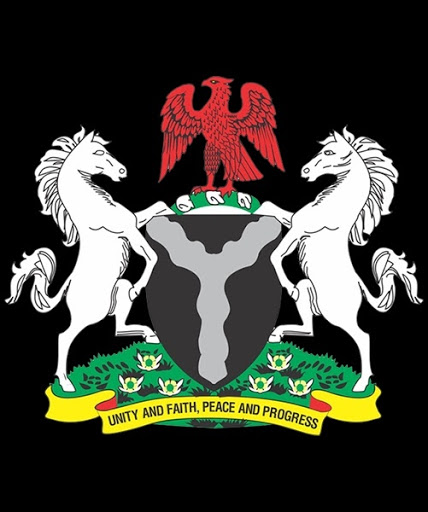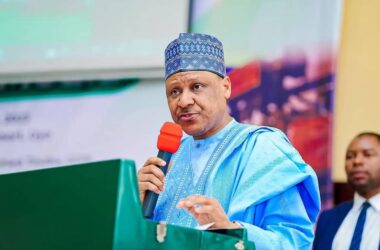In recent months, a marked increase in party-switching has been observed, particularly from the major opposition parties — the Peoples Democratic Party (PDP), Labour Party (LP), and the New Nigeria Peoples Party (NNPP) — into the ruling All Progressives Congress (APC). This political movement underscores a system where personal ambition often trumps allegiance to party ideologies.
A pivotal moment occurred when Delta State Governor Sheriff Oborevwori made his exit from the PDP, formally joining the APC after months of speculation. His announcement, made following a private meeting in Asaba, raised alarms about the weakening of the opposition. Shortly thereafter, former Delta governor Ifeanyi Okowa, who had served as Atiku Abubakar’s running mate in the 2023 presidential election, also broke away from the PDP.
The internal chaos within the PDP, exacerbated by the controversial decision to favor Okowa over Nyesom Wike as the vice-presidential candidate, has severely fractured the party’s unity, raising doubts about its ability to challenge President Bola Tinubu’s expected re-election bid in 2027.
Critics of the ruling government argue that the presidency is exploiting state resources and political leverage to pressure key figures into shifting allegiances. Although switching parties has long been a feature of Nigeria’s political landscape, many experts now view it as a necessary survival mechanism for politicians in a volatile system.
Political strategist Cletus Uwakina explains that the defections reflect Nigeria’s broader political culture, where personal aspirations often override party loyalty. “Nigerian political parties typically serve as tools for electioneering rather than as platforms for governance,” Uwakina noted, emphasizing that the desire to safeguard one’s political future often leads to swift departures when new opportunities arise.
A major factor fueling these shifts is the control the ruling party exerts over state resources, security networks, and key appointments, making it an increasingly attractive destination for politicians eager to secure their positions or financial interests.
Is Nigeria Heading Toward a One-Party System?:There is no denying that the growing trend of political shifts is strengthening the APC’s grip on power at the federal level. This has led to concerns that, if left unchecked, Nigeria may drift toward a de facto one-party system. The APC’s successes in recent off-cycle gubernatorial elections, coupled with the ongoing turmoil in the opposition, suggest that President Tinubu could face minimal resistance in the 2027 election unless the opposition can unite and present a unified challenge.
Experts warn that a weakened opposition is detrimental to democracy, as it undermines the system of checks and balances, stifles diverse political perspectives, and fosters an environment conducive to authoritarianism. Political commentator Hammed Muritala emphasizes that “a thriving democracy requires a vibrant opposition capable of offering credible alternatives and holding the government accountable.”
However, not all analysts share the same level of concern. Political pundit Ajibola Oduwole believes that fears of a one-party state are overblown. He argues that the strength of Nigeria’s democracy lies in its resilience, citing the 2015 elections as evidence of the opposition’s ability to overcome seemingly insurmountable odds. “Governments can be toppled through determination and the will of the people,” Oduwole asserts.
Despite the high-profile political migrations, experts caution against assuming that such moves automatically guarantee electoral success. The 2023 presidential election, where outsider candidates like Peter Obi made significant gains, demonstrated that voter behavior is unpredictable, and traditional party allegiances may no longer hold the same weight.
Many Nigerians view these shifts as self-serving maneuvers by politicians more focused on personal gain than on serving the public interest. Oduwole suggests that such party-switching will likely have little impact on governance at the state level, as politicians across party lines tend to prioritize their own survival over meaningful reform.
Public policy analyst Temitope Musowo warns against drawing hasty conclusions, noting that in politics, things can change rapidly. “In the world of politics, 24 hours can make all the difference,” Musowo said, highlighting the potential for electoral surprises when citizens remain actively engaged and vocal in their demands for good governance.









